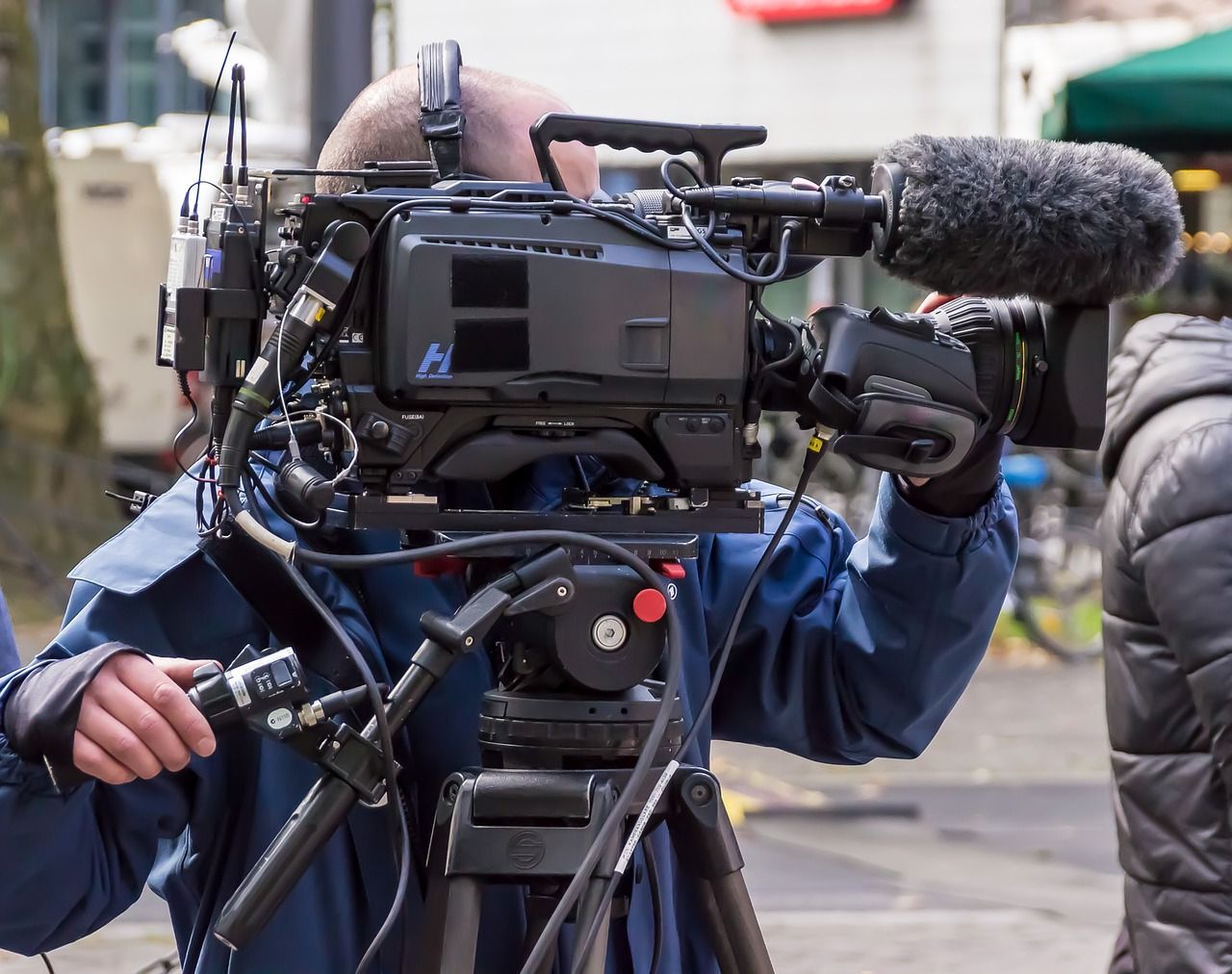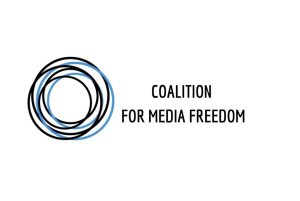Serbia’s “heavily polarised media landscape between pro-government tabloids and critical media mirrors a divided political landscape, where critically minded media are often perceived as political opponents”, the report said.
“In spite of the professional community’s high expectations that the new Media Strategy, adopted in 2020, could improve conditions for media pluralism and freedom in Serbia, the deadlines for the implementation of activities defined under its Action Plan have been exceeded,” it said.
According to the report, the Serbian authorities do not enforce media laws which leads to a medium risk rating on fundamental protection with media freedom undermined by different instruments including the threat of law suits or criminal charges against journalists and SLAPP suits as well as intensive pressure against critically-minded journalists and media in parliament.
In terms of market plurality, the report said, the major risks in Serbia stem from a high concentration of news media and commercial and owner influence on editorial content. “The major influence noted was that of state and party officials over private media, thanks to the political connections with certain media owners and marketing organisations. The influences were mostly conducted through direct contracting and public procurement. Many private outlets are owned by the ruling SNS supporters. State advertising was common in the Public Service Media as well. Media freedom and pluralism were particularly exposed by the lack of transparency in the process of project co-financing of media, as well as by persisting abuses of funds through project co-financing schemes,” the report said.
The report warned of heavy political pressure on journalists and editors. “Media independence was undermined by editorial pressures from politically connected media owners and direct pressure and threats against journalists, which contributed to the high rates of self-censorship,” it said and added that the most influential privately owned media regularly participated in smear campaigns against the political opposition and media outlets perceived as government opponents.
The report said that the journalistic profession in Serbia is open to everyone with no restrictions or discrimination but warned that the profession itself is insecure.




